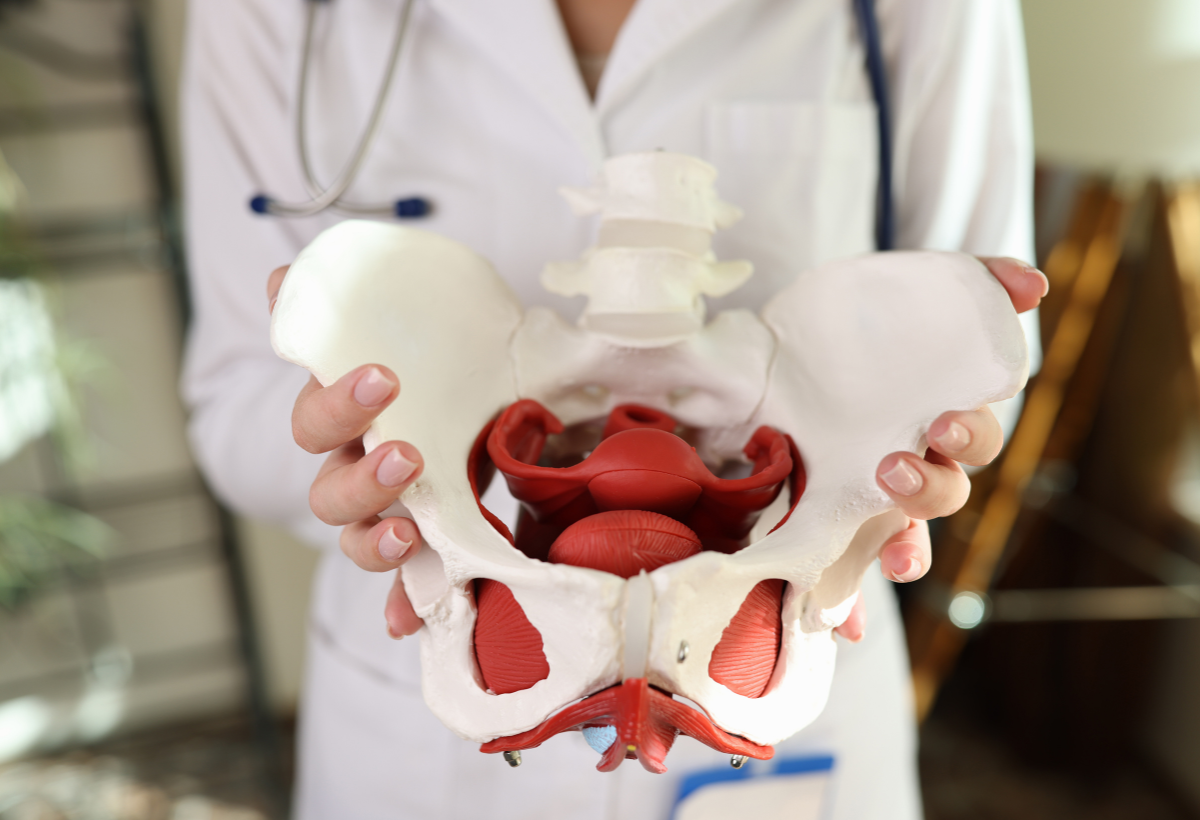A Warm Welcome: Let’s Talk Real
Imagine sitting down with a friend, someone who “gets it”, and you start to chat about pelvic health. No awkwardness, no medical jargon overload, just a cozy, real conversation. That’s what we’re doing here. You already know the basics, you’ve lived it, so instead, let’s look ahead, together, at what’s coming. Think of it like updating your pelvic floor toolkit, exciting, hopeful, and human.
From Muscle Training to Real-Time Feedback
You know Kegels, right?
But even doing them correctly isn’t always easy, like trying to pat your head while rubbing your stomach.
Enter wireless biofeedback devices.
A 2025 review calls them powerful game‑changers: these intravaginal tools connect to apps, show you exactly when you’re contracting, and even coax you to do it more consistently.
Studies confirm that pairing pelvic floor muscle training (PFMT) with biofeedback genuinely ups the effectiveness.
One systematic review found statistically significant improvements in muscle strength and incontinence severity compared to PFMT alone.
And a clinical trial using pressure-mediated biofeedback showed even better results than regular PFMT, real measurable uplift.

Staying Mobile: Smart Cushions & Wireless Support
Tech isn't confined to apps and toys, you can also wear it.
Smart cushions that subtly support posture while reinforcing pelvic alignment?
Yes, please.
Imagine a posture-support cushion that quietly supports your lower back and pelvis during work, or when watching your kids or lounging on the couch.
One such tool is the Posture Support Cushion, a gentle nudge toward better alignment, encouraging healthier pelvic load distribution.
It’s not flashy, just practical, real, and something that becomes part of your daily life.

Patch Power: Skin-Deep Support for Bladder Control
Patch-based treatments have come a long way since those bandaid-style pain relievers.
Remember the Oxytrol patch?
It showed comparable effectiveness to pills for overactive bladder, with fewer side effects like dry mouth and stomach upset. https://pmc.ncbi.nlm.nih.gov/articles/PMC1578546/
Nowadays, advanced Bladder Control Patches offer discreet, continuous support.
They’re like a little helper that sticks right to your skin, steady, steady, calm.
Hands-Free Relief: EMS Pelvic Floor Massagers
Sometimes, you just want relief delivered, not the “you do it” kind.
That’s where gentle EMS (electrical muscle stimulation) comes in.
These devices send pulses that help your muscles engage and strengthen without overthinking.
It’s like having a mini-physio in your pocket.
One such tool is the EMS Pelvic Floor Massager.
It helps stimulate muscles automatically, helping you meet your health goals even when life is full.
Paired with exercises, these can accelerate your progress.
When Tech Meets Therapy: Virtual Guidance and Nerve Stimulation
The next wave isn’t just about devices, it’s about connection.
Virtual rehab programs and neuromodulation technology are starting to blend.
Think of telerehab systems that guide you through training via motion sensing, or even sacral nerve stimulation for more severe cases.
While sacral nerve stimulation still sits more in a clinical realm, it’s becoming more accessible for conditions like urgency, retention, or combined pelvic and bowel dysfunction.
The beauty? One day, these may all integrate seamlessly, biofeedback, smart posture tools, EMS and virtual guidance, creating a supportive eco-system you can rely on from home.

Final Thoughts: Why It Matters
Look, we’ve spent too long settling for “make do” when it comes to pelvic health.
This next wave, apps that walk you through Kegels in real time, patches that calm your bladder, cushions that shift posture, EMS that supports muscles hands-free, and virtual or nerve therapies that bridge gaps, this is about giving you agency, dignity, and comfort, where you live.
You’re not waiting on someone else to fix it, you’re part of the solution.
And that’s powerful.







Share:
Constipation and Prolapse: The Silent Combo That Makes Everything Worse
How Stress and Anxiety Can Hijack Your Bladder (Especially in Perimenopause & Postpartum)